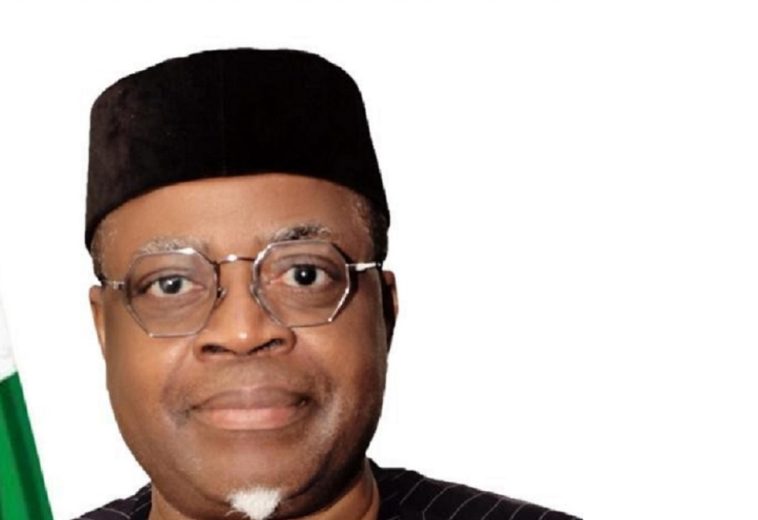The creator economy represents a burgeoning frontier in global industrialisation, with Africa uniquely positioned to become a major source of content, expertise, and brands that will elevate entertainment, productivity, and communication to new heights.
According to Goldman Sachs, the creator economy’s total addressable market is projected to nearly double over the next five years, increasing from $250 billion to $480 billion by 2027. This growth is primarily driven by increased advertising expenditure on influencer marketing, which is creating more opportunities for independent creators to earn income.
Technology’s undeniable influence on the creator economy simplifies and reduces the costs associated with creative endeavours. Online platforms such as YouTube, TikTok, and Instagram offer independent creators access to vast audiences. Affordable, high-quality equipment and tools enable even solo entrepreneurs to produce content that rivals Hollywood productions, making content creation more accessible than ever.
African creators are emerging at the forefront, setting trends and making waves globally with viral content that has become embedded in popular culture. The creator economy has empowered individuals to showcase their talents, build successful careers, and secure sustainable sources of income.
Goldman Sachs Research forecasts that the number of global creators, currently at 50 million, will grow at a compound annual growth rate of 10–20% over the next five years. Creators typically earn revenue through direct branding agreements, a share of the host platform’s advertising revenue, and direct payments from followers, such as subscriptions, donations, and other forms of support. Survey data indicates that brand deals account for approximately 70% of this revenue.
These African creators including Khaby Lame, Josh2Funny, Mark Angel, Bontle Modiselle, Asantewaa, Charity Ekezie, and William Last KRM have revolutionised the landscape of entertainment and communication. They have provided mainstream media with a significant challenge and are emerging as key figures in the digital world.
The creator economy is largely driven by younger generations, including millennials, Gen Z, and the emerging Generation Alpha. Research by MBO Partners shows that while independent creators come from various age groups and backgrounds, they tend to be younger: millennials account for 39%, Gen Z 26%, Gen X 24%, and Baby Boomers 11%. Africa benefits from a substantial youth demographic, with over 400 million individuals aged between 15 and 35 years, representing 70% of sub-Saharan Africa’s population under 30.
The public increasingly turns to these creators for relatable content that mirrors their communities, cultures, and lives. This approach fosters engagement, feedback, and loyalty within the audience. By encouraging experimentation and exploring new formats, the creator economy stimulates innovation. It has a significant economic impact, promoting wealth distribution, economic growth, and job creation.
As digital technologies advance, the creator economy is expected to become even more influential, driving industry transformations and encouraging creativity and economic development. Africa, with its youthful population and rich talent pool, is well-positioned to play a significant role in this emerging frontier. As technology continues to evolve and the creative economy expands, Africa’s influence on content creation is set to grow.




